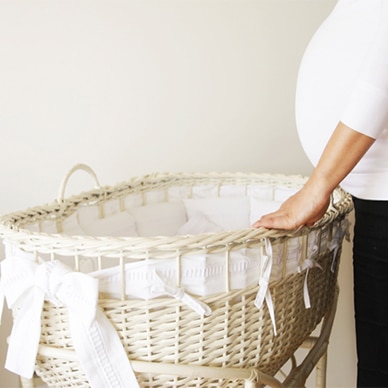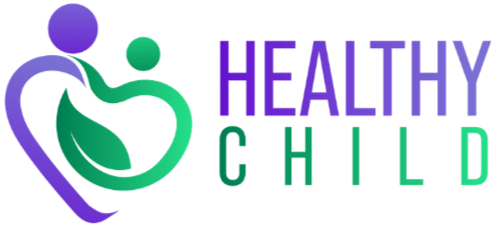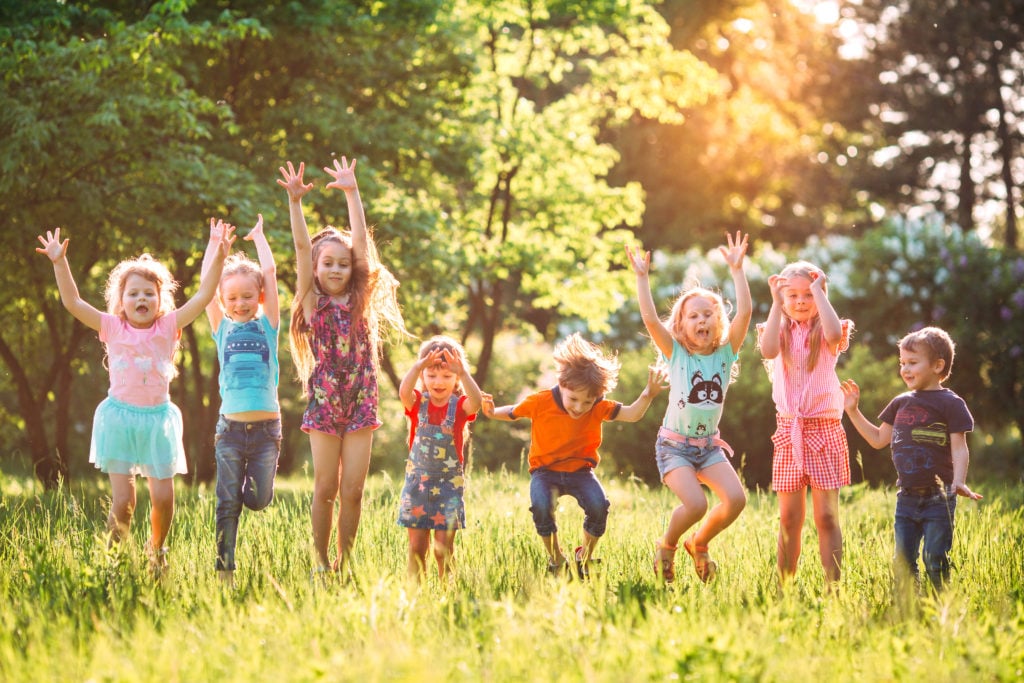Detox your Home for your Newborn – 5 Quick Fixes

Welcoming your new baby into the world is a joyous occasion but it’s important to make sure that you’ve done all you can to make your home safe and nurturing—for yourself and your new baby.
Since she won’t be crawling for at least a few months, you’ve still got time to childproof…
…but what about toxin-proofing?
The truth is, your home is probably filled with harmful pollutants that you’ve never even thought of!
As many as 40 million Americans now suffer from some kind of environmentally induced illness or chemical sensitivity because we are surrounded by toxins.
Infants and small children are especially vulnerable because they absorb substances faster and have more difficulty eliminating them.
Aside from the increasingly common cases of allergies and asthma, these toxins can lead to a worrying number of long-term health problems, including:
- Autism
- Obestiy
- Diabetes
- Heart problems
- Irregular thyroid, liver, kidney function
- Compromised immune system
- Cancer
- Alzheimer’s
- Parkinson’s
- ADD
- Fertility Issues
- Early Onset Puberty
It’s alarming, we know. But don’t freak out!
There’s still time and it’s actually not that hard to improve your home environment if you know what to look for. Here are five quick but important fixes.
1. Non-toxic bedding
Babies sleep on a mattress for 10-14 hours or more a day during their most fragile developmental years.
During this time, they are lying directly on the mattress, breathing in and absorbing chemicals that off-gas into their lungs, skin and mouth.
Baby mattresses include crib, cradle, bassinet, porta-crib, and co-sleeper mattresses.
All of these types of mattresses typically contain materials that can be very toxic, including:
- chemical flame retardants
- toxic plasticizers
- polyvinyl chloride (petroleum and chlorine)
- biocides
- chemical additives that may include formaldehyde, benzene, toluene
There are even some very compelling studies that suggest that these noxious chemicals may often be the cause of crib death or SIDS.
Thankfully, there are non-toxic options out there, and we’ve researched the best mattresses and bedding so that you don’t have to.
2. Replace plastic food containers with stainless steel or glass
Recent studies indicate that the level of BPA in our systems is through the roof.
BPA is a chemical that disrupts the development of the reproductive system and the brain, among other health problems.
Babies and fetuses, of course, are the most vulnerable. There’s so much evidence about the harmful effects of BPA that the government is finally acting to ban it from products meant for children under age 3.
However, BPA is found in polycarbonate plastic food and drink bottles, including baby bottles and sippy cups. It’s also in most disposable food storage containers and in the lining of aluminum food and beverage cans, including baby formula.
Also alarmingly, the non-BPA plastics that are marketed as an alternative are also rife with harmful chemicals. At this point, for food storage it’s just safer to use glass whenever possible.
For your baby’s bottle or toddler’s sippy cup we recommend stainless steel or glass with a plastic sleeve to prevent breakage.
3. Get rid of antibacterial soaps and hand sanitizers
Dirt is good!
Studies indicate that while children in developing countries where sanitation is an issue are more prone to life-threatening diseases like dysentery, they get fewer colds and flues, have fewer allergies and far fewer cases of asthma.
Scientists think that these children may have more robust immune systems because they have developed resistance to bacteria and other organisms through early exposure.
If you frequently use hand sanitizers, antibacterial soaps and cleaners, you may be destroying the good with the bad. The skin is loaded with good bacteria necessary to immunity, and using antibacterial wipes and sanitizers could inadvertently disrupt the development of immunity.
Additionally, using antibacterial household products might lead to strains of bacteria resistant to antibiotics. This means more powerful bugs that antibiotics are no longer able to deal with.
(Get our free E-Book on Strengthening Your Child’s Immune System)
4. Make sure your family’s drinking clean water
This is a lot harder than it seems, as much of the country’s tap water is treated with chlorine or fluoride or both. While the government seems to think that these chemicals are benign or even beneficial in low doses, scientific studies imply otherwise.
Over 100 studies have indicated that fluoride causes brain damage and reduced IQ in children while providing very little (if any) real increase to dental health. Yes, scary but true!
Maybe now you’re thinking bottled water is a good idea?
Nope–it’s really no better than tap water.
The regulations that govern bottled water only require it to be “as good as” tap water. There are no assurances or requirements for bottled water to be of any higher quality than tap, and some are even lower quality.
Plus, with bottled water you’re increasing your exposure to BPA and other toxins in plastic.
The fix?
We suggest getting a home water filter. We’ve researched to find that the Berkey is the most effective and economical home water filter system.
5. Get an air filter
The EPA estimates that the level of indoor air pollution may be two to five times higher than the pollution level outdoors. Babies breathe in and retain more air pollution per unit of body weight than adults.
And most newborns spend more than 90% of their time indoors!
Sadly, and especially if you live in an urban area, our air is chock full of many of the same toxins as conventional mattresses and food storage containers –plus many, many more.
A recent Harvard study found that if a pregnant mom is exposed to fine particle pollution from power plants, cars and smoke in her third trimester, the risk of her baby having autism is doubled.
In this type of environment, a good HEPA air purifier is essential.
In addition to removing scary toxins, you’ll find that the air purifier can also lead to:
- Better Sleep
- Reduced Snoring
- Reduced allergies & asthma attacks
- Stronger immunity
- Reduced coughing and wheezing
- Reduced dry mouth and runny nose
We recommend a true HEPA purifier because they are significantly better at removing tiny particles than the ionic and electronic air cleaners.
You can find HEPA air purifiers in a wide range of prices. Be careful with buying the cheap ones since they probably won’t do a good job of removing the contaminants. With air purification, you certainly get what you pay for.
We’ve done a lot of research and found that the Austin air purifiers are highly efficient while also being the most cost effective.
So, even though toxins are all around us, we hope these fixes will help. While all of this can be a bit overwhelming, we think it’s an essential part of welcoming your newborn into your home.

